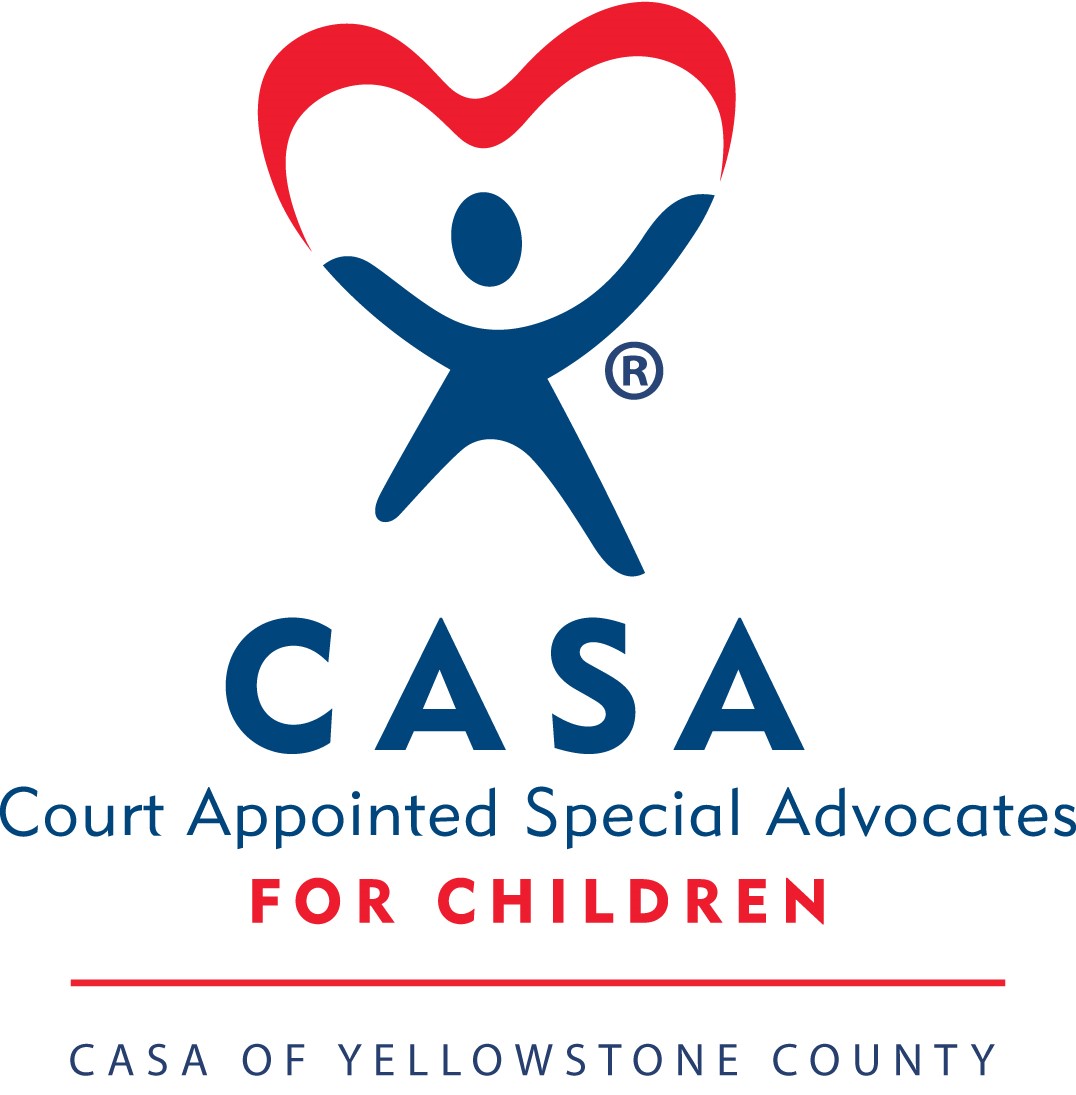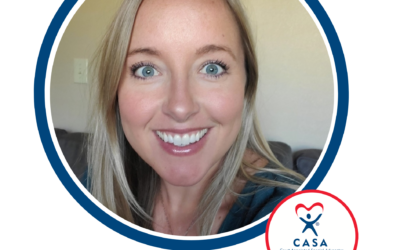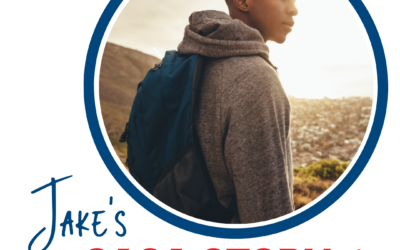When I was a 25-year-old Peace Corps volunteer teaching English in a Ukrainian public school, I found myself stymied by one of my students. I don’t recall his name—Andriy or Sergei or Valeriy—but I still recall the day that I finally noticed something was wrong. The boy who I’ll call Andriy was in sixth grade. I had taught him for the last half of fifth grade, as well, at which time he was a cheerful kid who paid attention and made an effort in class.
When sixth grade rolled around, something was different. Andriy was paying less and less attention in class and distracting other students. He was grumpy, making token efforts in homework and in-class assignments, and just seemed like a different kid. One day, in frustration, I called him into the hallway while the rest of the class was working on an assignment. “Last year, you were such a good kid,” I said, my word choice limited because I was speaking Ukrainian. “This year’s different. What happened?”
Andriy just stared at the floor and didn’t answer. I asked him if he could do better again and reminded him he was still a good kid. We went back into the classroom, and while he continued to act up from time to time for the rest of the year, I tried to remind myself of the sudden change that had come over him and that this wasn’t the Andriy I knew. He seemed remorseful when I spoke sternly to him about his misbehavior, I hope because he realized I genuinely cared about him.
I’ve been thinking about Andriy a lot lately as I have learned about adverse childhood experiences, or ACEs. A concept that was first studied in the 1990’s, ACEs have made their way into mainstream media, recently featured on NPR, The New York Times, and 60 Minutes. ACEs are traumatic events from birth to a child’s 18th birthday that affect his or her health over a lifetime. ACEs include:
- Physical abuse
- Sexual abuse
- Emotional abuse
- Physical neglect
- Emotional neglect
- Mental illness in the household
- Substance abuse in the household
- Incarceration of a household member
- Parental divorce or separation
- Violent treatment of the child’s mother
- One member of the household treating an intimate partner violently[i]
Most would agree that a child who undergoes any of these ACEs is facing challenges. Many children facing ACEs have “difficulty in regulating emotions and behavior. That’s why a lot of these kids get in trouble in the classroom,” says child psychologist Hilit Kletter of Stanford University’s School of Medicine.[ii] In Andriy’s case, perhaps ACEs were the root of his classroom misbehavior. Alcohol abuse was prevalent in rural Ukraine, and drug use was all too common.
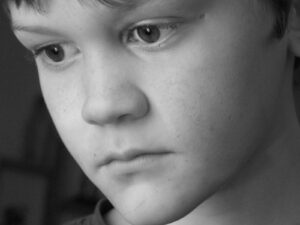
Photo courtesy Sarah Miles, www.freeimages.com
Effects That Last a Lifetime
The groundbreaking aspect of ACEs research is that ACEs’ effects last long past childhood. Because extended and/or repeated exposure to stress affects brain development in the critical formative years of childhood and adolescence[iii], the brain is changed for a lifetime. So what does that mean for the 69% of adults in Montana who report having at least 1 ACE and the 49% of adults in Montana who report having at least 4 ACEs[iv]?
- Over the course of their lives, those who experience ACEs are two to five times more likely to attempt suicide than those without a history of ACEs.[v]
- Adults with ACEs tend to start drinking earlier than adults without ACEs.[vi]
- Each ACE increases the likelihood of initiation of illicit drug use at or younger than the age of 14.[vii]
- Adults who experienced five or more ACEs are more likely to smoke than those with no history of ACEs.[viii]
- Women with a history of ACEs are more likely than those without a history of ACEs to engage in sexually risky behaviors, such as engaging in sexual intercourse by the age of 15 or having 30 or more lifetime sexual partners.[ix]
- The more ACEs experienced as a child, the more likely a woman is to become pregnant during adolescence.[x]
- The more ACEs a person has experienced, the more likely he/she is to have a sleep disorder as an adult.[xi]
- Adults aged 50 and over, especially men, who experienced ACEs are more likely to have mental and substance use disorders than those who never experienced ACEs.[xii]
- Adults aged 60 and over who experienced repeated ACEs of any type are more likely to be depressed than those who did not experience ACEs.[xiii]
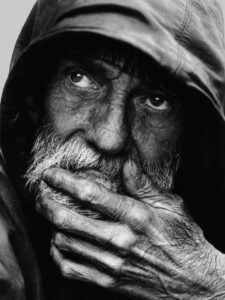
Photo courtesy Leroy Skalstad, www.freeimages.com
A Ripple Effect
ACEs don’t just affect mental health. Early adversity affects the immune system and contributes to premature cellular aging, according to Dr. Nadine Burke Harris, founder of San Francisco’s Center for Youth Wellness.[xiv] That means that a wide variety of lifetime health outcomes may be rooted in adverse childhood experiences, even though they may seem completely unrelated to childhood trauma. For example:
- The more ACEs a woman experienced, the more likely her first pregnancy is to end in fetal death.[xv]
- Women with a history of ACEs tend to deliver babies with lower birth weights and shorter gestational age than their counterparts without ACEs.[xvi]
- Adults with a history of ACEs are more likely than those without ACEs to be diagnosed with diabetes, heart disease, cancer, stroke, COPD, and even broken bones.[xvii]
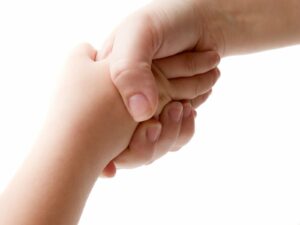
Photo courtesy www.freeimages.com
How You Can Help
When I think about Andriy, I hope that he found someone to talk to and confide in as a child. After all, “research suggests that just one caring, safe relationship early in life gives any child a much better shot at growing up healthy.”[xviii] If you would like to be constant in a child’s life after abuse or neglect, please consider becoming a Court-Appointed Special Advocate (CASA). CASA of Yellowstone County is always growing and will start pre-service training for a new group of volunteers soon. To find out more, contact recruitment coordinator Ben McKee at ben@yellowstonecasa.org or 406-259-1233. Those who don’t live close to Billings, Montana can find their local CASA here.
[i] “Adverse Childhood Experiences,” https://www.samhsa.gov/capt/practicing-effective-prevention/prevention-behavioral-health/adverse-childhood-experiences
[ii] “Take the ACE Quiz—and Learn What It Does and Doesn’t Mean,” NPR, March 2, 2015, https://www.npr.org/sections/health-shots/2015/03-02/387007941/take-theace-quiz-and-learn-what-it-does-and-doesnt-mean
[iii] “Treating the Lifelong Harm of Childhood Trauma,” The New York Times, David Bornstein, January 30, 2018
[iv] Paula S. Miller, RiverStone Health Trainer, “We are Aware” presentation at Trauma in Montana Symposium, April 19, 2018
[v] “Adverse Childhood Experiences,” https://www.samhsa.gov/capt/practicing-effective-prevention/prevention-behavioral-health/adverse-childhood-experiences
[vi] “Adverse Childhood Experiences Predict Earlier Age of Drinking Onset: Results from a Representative US Sample of Current or Former Drinkers,” Pediatrics, Emily F. Rothman, Erika M. Edwards, Timothy Heeren, Ralph W. Hingson, August 2008
[vii] “Childhood Abuse, Neglect, and Household Dysfunction and the Risk of Illicit Drug Use: The Adverse Childhood Experiences Study,” Pediatrics, SR Dube, VJ Felitti, M Dong, DP Chapman, WH Giles, RF Anda, March 2003
[viii] “Adverse Childhood Experiences and Smoking Status in Five States,” Preventive Medicine, ES Ford, RF Anda, VJ Edwards, GS Perry, G Zhao, C Li, JB Croft, September 2011
[ix] “Adverse Childhood Experiences and Sexual Risk Behaviors in Women: A Retrospective Cohort Study,” Family Planning Perspectives, SD Hillis, RF Anda, VJ Felitti, PA Marchbanks, September/October 2001
[x] “The Association Between Adverse Childhood Experiences and Adolescent Pregnancy, Long-Term Psychosocial Consequences, and Fetal Death,” Pediatrics, SD Hillis, RF Anda, SR Dube, VJ Felitti, PA Marchbanks, JS Marks, February 2004
[xi] “Adverse Childhood Experiences are Associated with Adult Sleep Disorders: A Systematic Review,” Sleep Medicine, Sandhya Kajeepeta, Bizu Gelaye, Chandra L. Jackson, Michelle A. Williams, March 2015
[xii] “Association of Adverse Childhood Experiences with Lifetime Mental and Substance Use Disorders Among Men and Women Aged 50+ Years,” International Psychogeriatrics, Namkee G. Choi, Diana M. DiNitto, C. Nathan Marti, Bryan Y. Choi, March 2017
[xiii] “Adverse Childhood Experiences and Geriatric Depression: Results from the 2010 BRFSS,” American Journal of Geriatric Psychiatry, Margaret A. Ege, Erick Messias, PuruThapa, Lewis P. Krain, January 2015
[xiv] “Treating the Lifelong Harm of Childhood Trauma,” The New York Times, David Bornstein, January 30, 2018
[xv] “The Association Between Adverse Childhood Experiences and Adolescent Pregnancy, Long-Term Psychosocial Consequences, and Fetal Death,” Pediatrics, SD Hillis, RF Anda, SR Dube, VJ Felitti, PA Marchbanks, JS Marks, February 2004
[xvi] “Early Childhood Adversity and Pregnancy Outcomes,” Maternal & Child Health Journal, Megan V. Smith, Nathan Gotman, Kimberly A. Yonkers, April 2016
[xvii] “Take the ACE Quiz—and Learn What It Does and Doesn’t Mean,” NPR, March 2, 2015, https://www.npr.org/sections/health-shots/2015/03-02/387007941/take-theace-quiz-and-learn-what-it-does-and-doesnt-mean
[xviii] Ibid.

